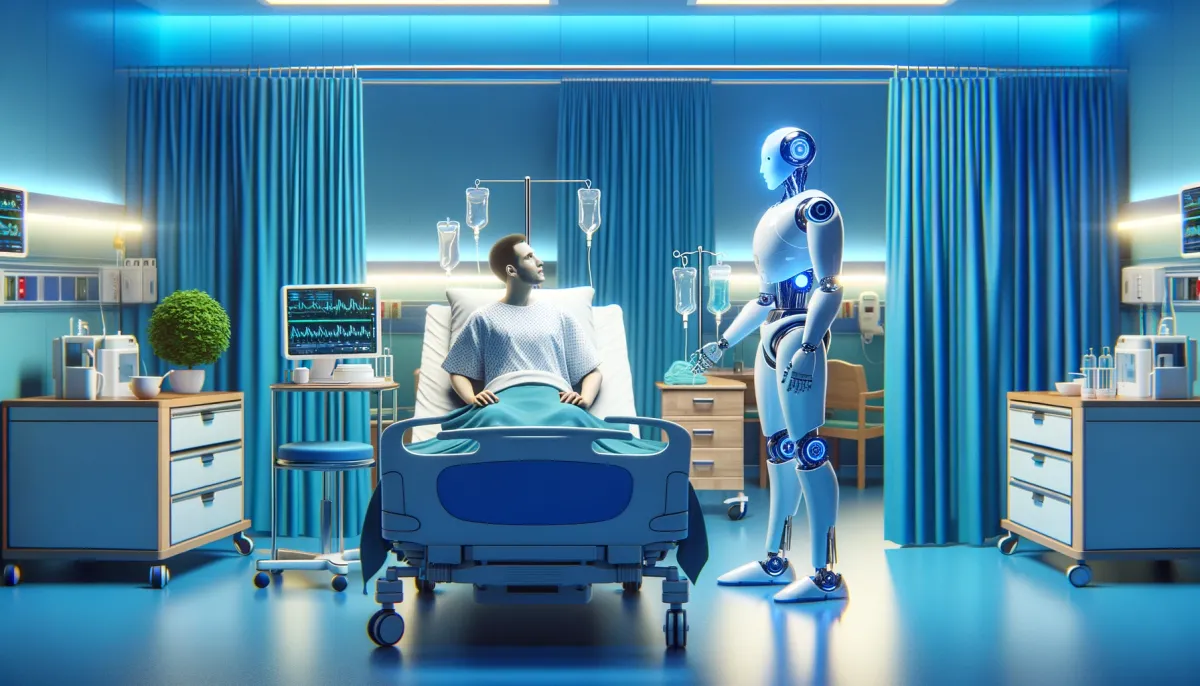AI in the healthcare industry

Artificial Intelligence (AI) has significantly transformed the healthcare industry, offering innovative solutions to improve patient care, operational efficiencies, and medical research. Here are ten applications of AI within healthcare:
- Disease Diagnosis and Identification: AI algorithms can analyze medical imaging (like X-rays, MRIs, CT scans) more quickly and accurately than human radiologists, aiding in early and accurate disease diagnosis.
- Drug Discovery and Development: AI can analyze vast biological data sets to identify potential drug candidates, speeding up the process of drug discovery and reducing the costs involved in bringing new drugs to market.
- Personalized Medicine: AI tools analyze patient data, including genetic information, to recommend personalized treatment plans that are more effective and have fewer side effects.
- Predictive Analytics: AI is used to predict patient outcomes, readmission rates, and potential medical emergencies by analyzing electronic health records (EHRs) and other patient data.
- Robotic Surgery: AI-powered robots assist surgeons during operations, allowing for greater precision, reduced trauma, and quicker recovery times for patients.
- Virtual Health Assistants: AI-powered chatbots and virtual assistants provide patients with instant responses to medical queries, medication reminders, and can even monitor patient health and symptoms.
- Healthcare Operations Management: AI optimizes hospital operations, including staffing, patient flow, inventory management, and appointment scheduling, to improve efficiency and patient care.
- Medical Imaging Analysis: AI algorithms can detect abnormalities in medical images, such as mammograms and dermatological images, often with greater accuracy and speed than human analysis.
- Clinical Trial Research: AI helps in identifying suitable candidates for clinical trials more efficiently and can analyze trial data to draw conclusions faster, thus expediting the research process.
- Remote Patient Monitoring: AI-enabled wearable devices and mobile apps monitor patient vitals and health indicators, providing real-time data to healthcare providers and alerting them to potential health issues.
These applications showcase AI's growing role in revolutionizing healthcare, enhancing the capability of healthcare professionals, improving patient outcomes, and leading to more efficient and effective medical care.
Response from ChatGPT 4.0 - March 2024
Comments ()